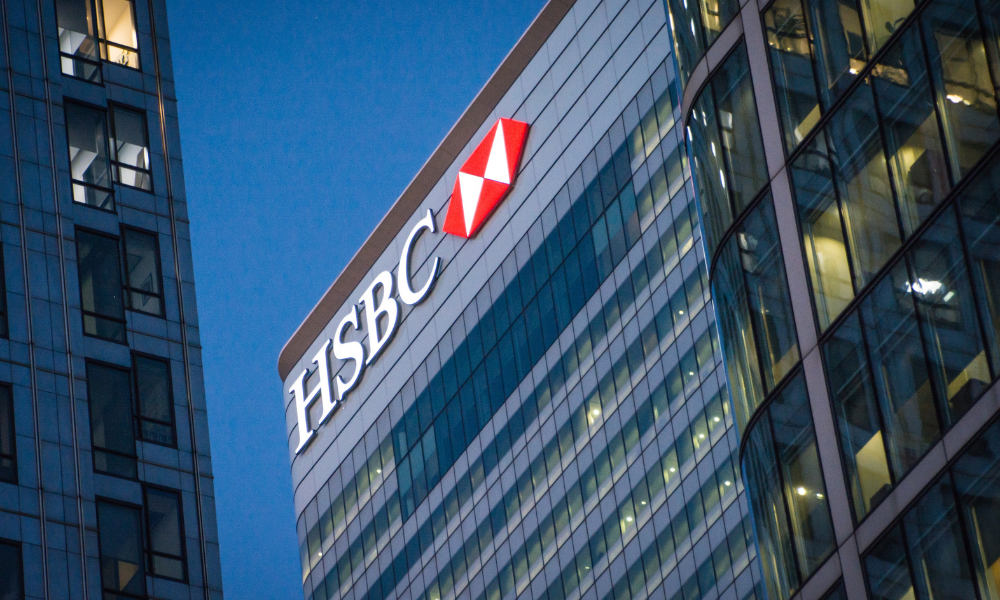Huge wage bill could be principal target

When we reported last month that HSBC Holdings Plc was undertaking a significant restructuring initiative under its new CEO, Georges Elhedery was keen to paint the exercise as an efficiency drive that would be over “as quickly as possible”. Initial reports were that the process could, indeed, be over quickly – but new reports indicate that the process could well rumble on into the middle of next year – and could be nearly 10 times larger than many had initially expected. This transformation represents one of the bank’s most extensive overhauls in a decade, aimed at streamlining operations and addressing growing financial pressures.
The restructuring includes reorganising HSBC’s global operations into four divisions while dividing its businesses into Eastern and Western geographical sectors. These changes are expected to lead to substantial job cuts, with over 40% of the bank's top 175 senior management roles reportedly at risk, insiders told Bloomberg.
Focused overhaul to boost efficiency
Elhedery, who took over in September, has swiftly moved to implement his vision of a leaner, more agile HSBC. The bank’s expense bill, estimated at £25.56 billion this year, could see a 10% reduction if the £2.35 billion savings target is achieved. Analysts predict that reducing the £14.9 billion annual wage bill will be a key factor in meeting this goal.
In announcing the new organisational structure, Elhedery highlighted the benefits of streamlining: “The changes will provide HSBC with a clear competitive advantage and the greatest opportunity to grow.”
The revamped structure merges commercial banking with global banking and markets, establishes standalone entities for its UK and Hong Kong businesses, and creates a new international wealth and premier banking division. Key leadership changes include Michael Roberts leading the newly combined wholesale banking unit and Barry O’Byrne taking charge of the wealth and premier banking division.
Read more: HSBC CEO vows not to break up bank
Leadership turnover during restructuring
The overhaul has already prompted the departure of several senior executives, including Annabel Spring (global private banking head), Celine Herweijer (sustainability officer), Stephen Moss (Middle East head), and Colin Bell (European chief). Nuno Matos, who was previously considered a contender for the CEO role, has also departed to become CEO of ANZ, Australia’s second-largest bank.
Michael Roberts, who joined HSBC five years ago, will relocate to London to oversee the combined wholesale banking unit, signalling a move towards centralising leadership. Addressing the challenges of restructuring, Roberts stated: “We are very much aware that this is distracting and disruptive, so we aim to complete this process as quickly as possible.”
Read more: HSBC exposure to bad mortgages skyrockets
HSBC plans to provide more details on the restructuring, including potential one-off charges and financial impacts, during its full-year results announcement in February. The initiative comes as central banks’ rate cuts begin to compress profit margins, following a period of record-breaking earnings in a high-interest-rate environment.
Elhedery has emphasised that the restructuring is about more than cost-cutting, with a focus on simplifying the bank’s complex operations and positioning it for sustained growth. However, with a global workforce exceeding 200,000, achieving these efficiencies is expected to result in significant job losses.



